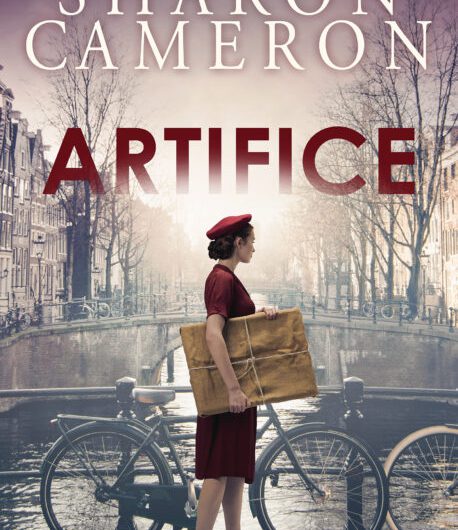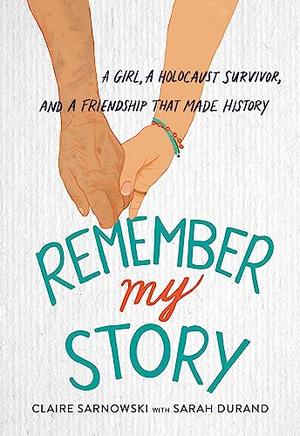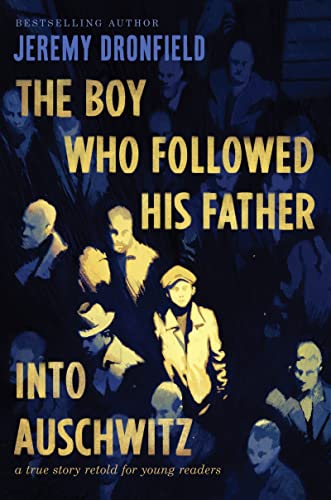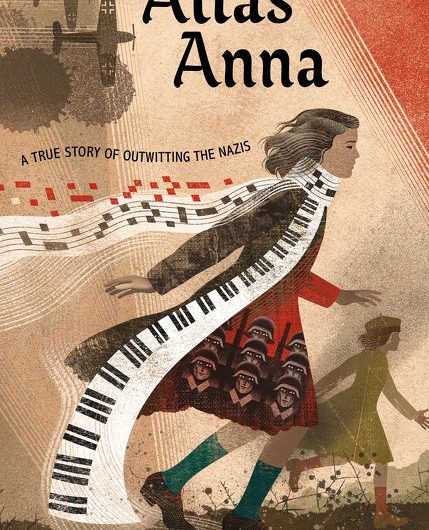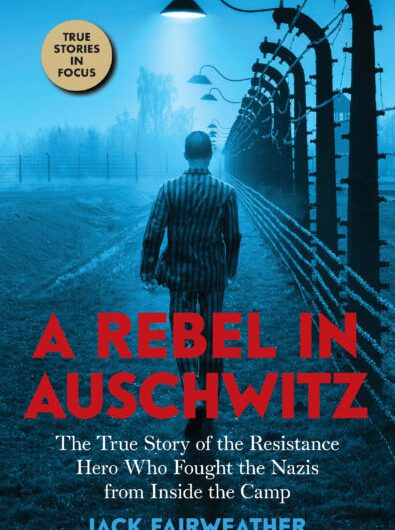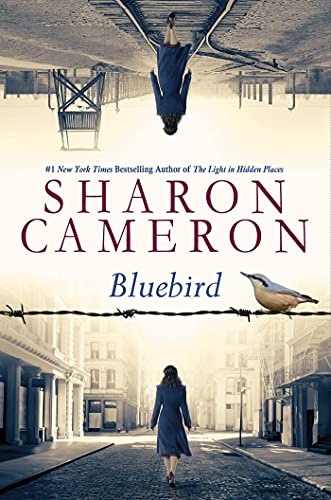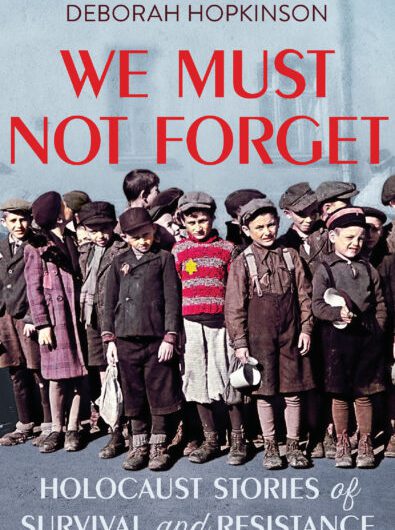When We Flew Away by Alice Hoffman
With her novel When We Flew Away, Alice Hoffman writes an emotionally stirring prequel to The Diary of Anne Frank. In this poignant piece, Hoffman reminds readers of the power of hope even when evil walks in the world. Even when it seems impossible to have hope, Anne Frank shows us that it is possible to be brave, to have dreams, and to live on in the words we have written or the record we leave behind. Set in Amsterdam, Netherlands, from 1940-1942, Hoffman’s book begins with Otto and Edith Frank wondering if their escape from Germany to the Netherlands with their two girls wasRead More →



